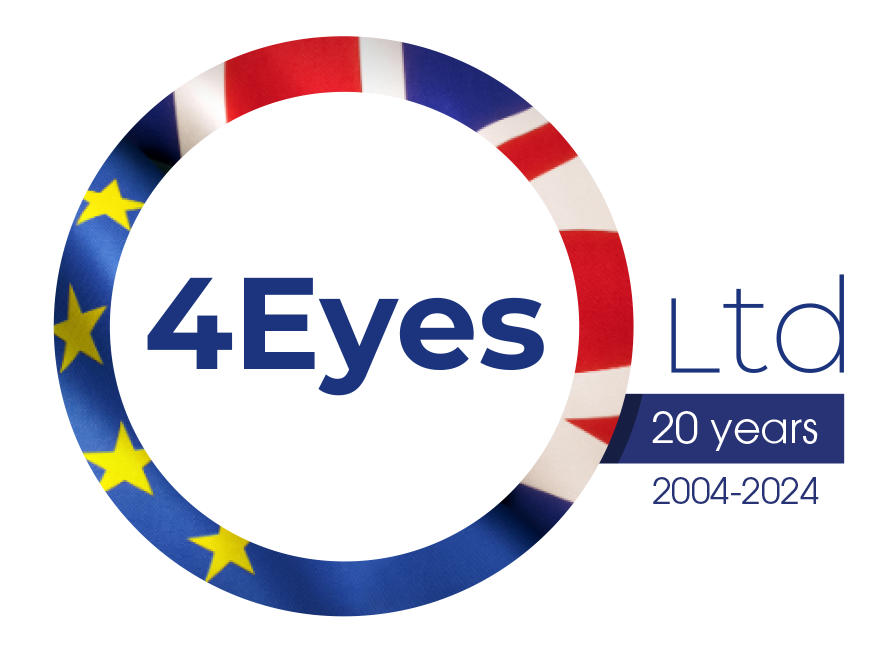VAT on NHS Parking
Key Lessons from the Northumbria Healthcare Court of Appeal Decision
The Court of Appeal’s decision in Northumbria Healthcare NHS Foundation Trust v HMRC has significant implications for VAT treatment of NHS car-parking services — and potentially for other public-sector income streams.
At the heart of the case was a simple question:
Should NHS-run hospital parking be subject to VAT, or treated as a non-business supply made in the capacity of a public authority?
Why the Case Matters
Under UK VAT law, public bodies are not treated as taxable persons when delivering activities “as a public authority”, provided their activities are carried out under a special legal regime (SLR) and do not cause a significant distortion of competition.
The case tested whether NHS-operated parking falls into that category.
Key Findings From the Court
✅ 1. NHS Parking Operated Under a “Special Legal Regime”
The Court of Appeal held that the Trust’s parking was delivered under a special legal regime because:
The Trust is legally required to comply with government-issued parking principles and guidance
These rules apply only to NHS bodies and not to private car-park operators
The guidance is binding in practice: deviations require justification and could be challengeable
This distinguished NHS parking activities from commercial car-park operators.
✅ 2. No Proven Distortion of Competition
Even where an SLR exists, VAT exemption is overridden if not taxing the service would cause a significant distortion of competition.
HMRC argued this would happen — but the Court rejected the argument, noting HMRC had not produced credible economic evidence.
Result: NHS-run parking was held outside the scope of VAT.
✅ 3. Outsourced Parking Not Automatically Covered
The judgment only applies to parking operated directly by the Trust.
Where parking is outsourced or revenue-shared with private operators, the VAT position could differ — and likely remains taxable unless the facts mirror the Northumbria situation.
Practical Implications for NHS Trusts & Public Bodies
Around 50 NHS claims are now progressing, with substantial VAT refunds potentially due
Trusts should review their parking arrangements to determine if they benefit from the ruling
Outsourced arrangements may still be taxable
Non-taxable income may impact input VAT recovery and partial exemption — modelling required
Public bodies providing other user-charge services under binding statutory frameworks may use similar arguments
What NHS Bodies Should Do Now
Review parking delivery model and contracts
Assess whether operations sit under a binding legal regime
Consider making protective claims where applicable
Analyse potential partial-exemption impacts
Monitor HMRC’s appeal (permission has been sought)
Final Thoughts
This case establishes an important principle:
If a public authority is operating under a legally binding regime not applicable to commercial providers, its supplies may fall outside VAT — unless HMRC can show genuine competitive distortion.
For NHS Trusts and other public bodies, the decision creates opportunities — but also demands a careful look at VAT recovery and compliance strategy.
